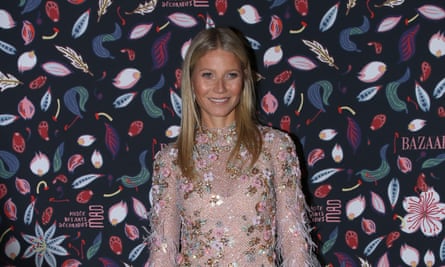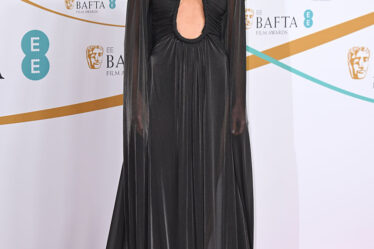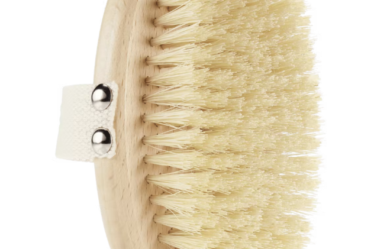
On the back of the Duchess of Sussex’s comments to Variety magazine about the Queen and how wonderful she was, I started getting cross. It’s not that she was saying anything controversial – just about everybody would probably agree with her sentiments. Nor do I have strong feelings about Meghan. But I found myself being triggered by this apparent need to say something about everything. My irritated inner voice was saying: “Why can’t she just shut up?”
It’s not just Meghan who does this. There’s an endless list of celebrities and influencers, Tik Tok sensationalists and bloggers and vloggers who draw no line between their public and private life.
This documentation of our lives through our emotional reactions can take in the obvious (“death is sad”) to the mundane (“What kind of people eat tofu?”). Nothing is off limits, it seems, from worries about being a mother (Molly-Mae Hague) to the fact that they pick their child’s nose (Adele) to how their intimate parts smell via a candle (Gwyneth Paltrow).
But why do people feel the need to say something about everything? It’s as if nothing is private and everything can be commented on. All our “lived experiences” must be vocalised and felt by more than just us – we must share it and have our feelings mirrored back and validated. This is daily social media fodder.
In short, Meghan and her ilk are blurters. For most of us, this feels very un-British. We assume it is a very American thing to tell “our truth” and let everyone in to our private lives – so much so that we cease to have one. But the truth is: I have realised that I am actually a bit of a blurter. I am one of those people who tells everyone everything, who has no filter, who evacuates their thoughts and feelings over everyone. Nothing is off limits.
If you ask a blurter how they are, they will tell you. In the middle of my divorce, I found myself blurting all over some kind unsuspecting stranger who’d kindly wished me a good day. “No, it’s not a good day,” I said, launching in to full blurt. Later, as I recalled his shocked face, I realised that maybe my emotional outpouring was unwelcome.
So why do we do it? I think it’s partly because we want our feelings validated. Everyone has felt heartache and, when you are in the middle of it, it’s as if you want to tell everyone about it so they can see and feel the pain.
Maybe it is the hope that the more you tell people about it, the less the pain will be as if sharing reduces it to smaller and smaller particles that can be absorbed in the ether. Part of it is also about consciously or unconsciously providing a service for other people. If we can name our pain, maybe it helps other people name their pain and know that they are not the only one pacing the floor, flaying themselves with regret and fuelled by anxiety at four in the morning.
Blurting runs in my family. My sister is a blurter par excellence and now my 15-year-old daughter is convinced she has inherited the blurter gene as she and her friends spend their entire time talking about their emotions and mental health issues. I hear them chattering at great length about anxiety and depression and how they feel.
Yet, for some reason, I feel that my own blurting is bad, so I keep on trying to shut myself up, pretending that I don’t hurt or feel regret or get anxious or teeter on breakdown at times. We in the UK are less tolerant towards blurters but In the US, if you don’t blurt they think you are weird.
At the moment, I am training as a coach with the acclaimed American therapist, author and coach Katherine Woodward Thomas, of “conscious uncoupling” fame. There are more than 50 of us in training, and it is the most rigorous and life-changing thing I have ever done.
What has really been eye-opening for me is the ease with which the other trainees from the States can be so openly vulnerable so quickly and with so many people. It has shown me that Americans are rather magnificent in their openness. I even think they find me a bit repressed. I am often encouraged to “be more me”, especially when I turn my emotional state into a joke to deflect the attention (all empathetic and understanding) that is on offer. It has been eye-opening to me to see them being so emotionally open. I am, quite frankly, in awe.
So I have come to change my mind about all this self-revelation. There is definite emotional mileage in having our needs validated and witnessed, and also doing it for others so that people can say: “I feel that too. Thank goodness I am not alone.” After all, where does putting up and shutting up get us?
With this in mind, it’s a good thing that my daughter is very happy to tell everyone about her feelings. Although people of my generation and older find this difficult, is it really? Perhaps it is quite simply great to be this open, like Meghan et al. Maybe modelling emotional vulnerability, at a time when the stiff upper lip would quite understandably be hard to maintain, is a far better option.




